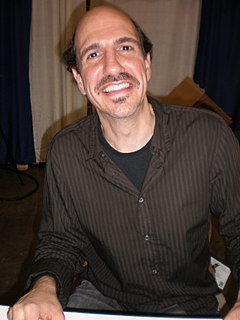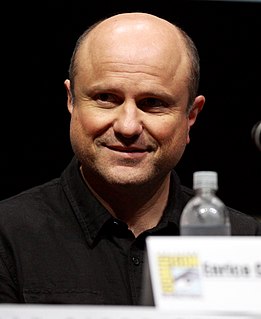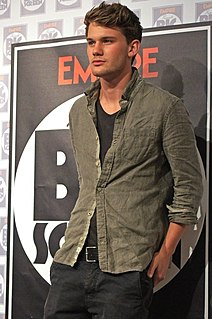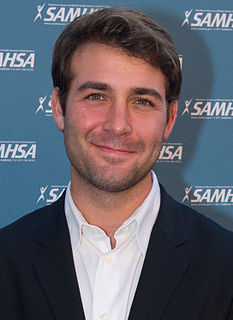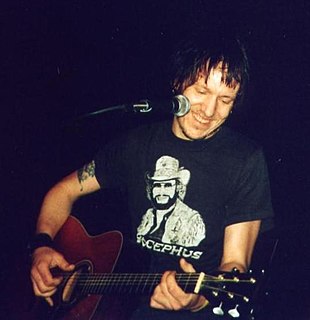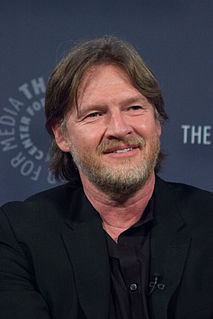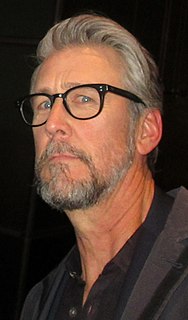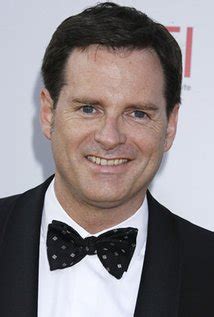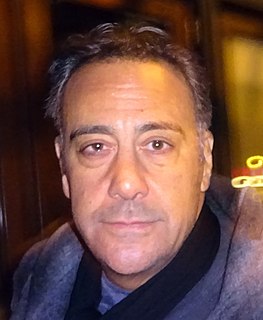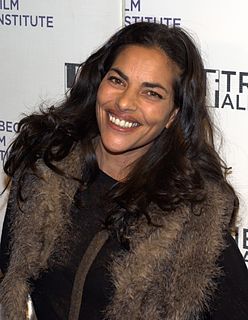Цитата Сэма Ллойда
Мне отчасти повезло, что за эти годы я сыграл так много в театре, потому что, по сути, ситком — это что-то вроде гибрида между фильмом и пьесой.
Связанные цитаты
Съемочная группа держала меня очень, очень защищенной, когда я был таким маленьким, потому что, конечно же, мне было семь лет. Знаешь, ты все еще читаешь. Это все еще что-то вроде «Кот». "Собака." «Энн перепрыгнула через забор». Думаю, в какой-то степени это помогло мне и в учебе, потому что я так много читал и так много запоминал. Но они очень ограждали меня от всего, что происходило в «Ужасе Амитивилля». Я вообще ничего не знал о фильме. Я просто знал, что это страшный фильм. Мне не разрешили это смотреть. Я могу смотреть это сейчас, я просто слишком напуган.
Думаю, я стал актером, потому что мне больше нечего было делать! Наверное, я искал что-то сложное. Я слышал о лондонской театральной сцене, и это сильно отличалось от того воспитания, которое у меня было, и это было похоже на вызов. И все виды лондонских театральных школ, мне сказали, что 6000 человек подают заявки, и в каждую из них принимают около 30 человек. Я подумал: «Да. Посмотрим, сможем ли мы это сделать!»
Дисней — это во многом детский театр — это очень специфический вид актерского мастерства. Это громко и шумно с целью привлечь внимание детей и удержать внимание детей, и это может быть немного пошло и громко, и мне пришлось многое из этого раскрыть, потому что, как актер, ты как бы усваиваешь, и вы в основном становитесь персонажем.
Я бы провел огромное различие между импровизацией в театре и импровизацией в кино. Импровизации в кино почти нет. Люди, которые теоретически могли бы быть хороши в этом в театральной ситуации, не обязательно делают это в фильме таким образом, чтобы это сработало, потому что на сцене это гораздо шире. Но в кино это должно быть реальным, и персонажи должны выглядеть полностью реальными, потому что это делается как фальшивый документальный фильм, поэтому актеров, которые могут сделать это в фильме, еще меньше.
Я сам писал песни из четырех треков с тех пор, как был подростком, и пел так, как я ... Я просто не думал, что другим людям это понравится, поэтому я не играл. для них, но в конце концов я преодолел это, чему я рад, потому что играть музыку, которая тебе на самом деле не так нравится, как другую, довольно утомительно.
Люди называют меня театральным актером, но я всего лишь актер. Но я все время говорю своим друзьям, особенно тем, кто работает в театре и мало снимается на телевидении и в кино, что у вас гораздо больше контроля над вашей работой на сцене. Когда ты выходишь на сцену, ты действительно видишь разницу между людьми, которые действительно могут это сделать, и людьми, которые просто притворяются, что делают это. Нет редактора, нет ничего, что могло бы помешать актеру показать, на что он способен, если только это не хорошо написанная роль.
На самом деле я думаю, что кино и телевидение сейчас — это одно и то же. Для меня они все кинофильмы. Есть камера, сценарий, другие актеры и режиссер. Работа в ситкоме — это немного другое. Это своего рода гибрид, наполовину фильм, наполовину игра, представленный в стиле авансцены — камера с одной стороны линии, декорации с другой, зрители сидят за камерами.
Думаю, я лучше подготовлен для телевидения. Я люблю разнообразие в проектах. Мне быстро становится скучно, а расписание телевизионных шоу только держит в напряжении. Я люблю театр, и я думаю, что создание ситкома перед живой аудиторией — это самое близкое к театру, и это действительно лучшее сочетание стендапа и театра, это настоящий ситком. Я начинал как стендап и до сих пор продолжаю это делать, так что я думаю, что я просто телевизионщик и счастлив за это. Я думаю, что моя карьера в кино похожа на мою социальную жизнь, я придирчива и не востребована. Так что, возможно, это срабатывает.
Я хотел перемещаться между кино и театром - я никогда не чувствовал, что вписываюсь в телевидение. И я очень против телевидения, типа: «Я никогда не буду сниматься на телевидении», но также и телевидение не хотело меня, так что это было идеально. А потом, конечно, случилось кабельное, и вдруг я подумал: «О, я мог бы делать такие вещи».
